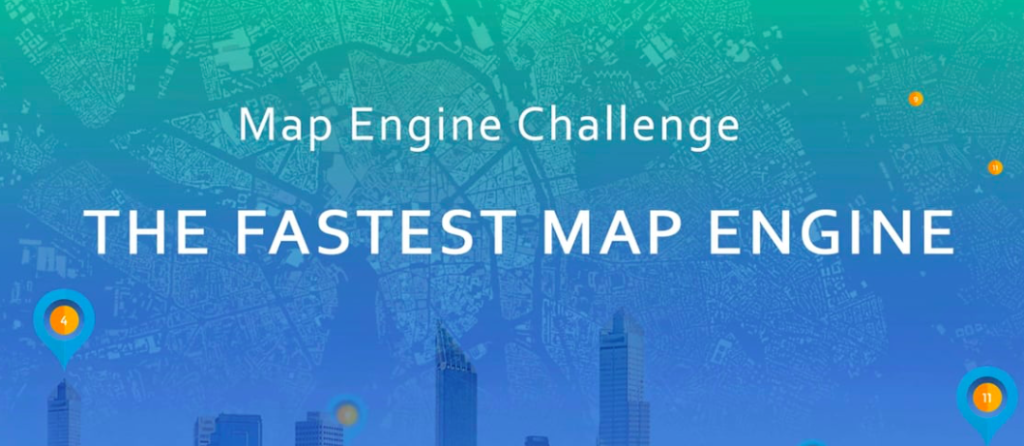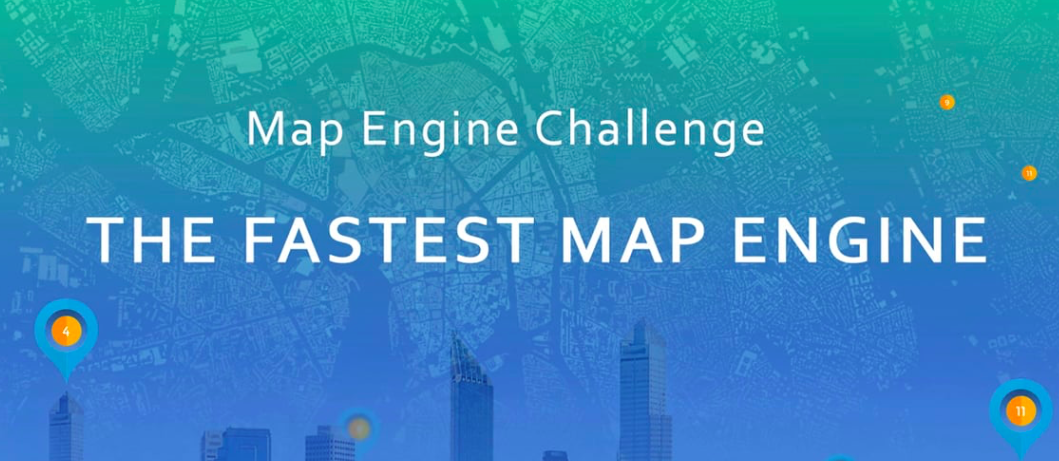
#Business
Speed matters. Take part in the Fastest Map Engine Challenge.

Size matters? In the world of mapping speed matters even more. Most of us GeoGeeks experienced a challenge of processing of large spatial datasets… It can take ages. Our friends from GIS Cloud have launched an interesting project to test and compare speeds of different available web mapping tools and they invite you to join it!
We invite you to test existing cloud GIS service providers to find out which solution is the fastest in the terms of data upload, creating a project using uploaded dataset, and rendering speed.
Use hashtag #No1MapEngine on social media and upload your own comparison videos with dataset we used in the testing process (download here).
The best comparison video will be awarded with the lifetime premium license of GIS Cloud Map Editor.
Guys from GIS Cloud shared their own video to encourage you to take part in the Fastest Map Engine Challenge. Who will pick up the gauntlet?

#Business
#Business
#Featured
#Ideas
#Science
Harnessing the Power of 30cm Satellite Data for Construction Mega Projects


